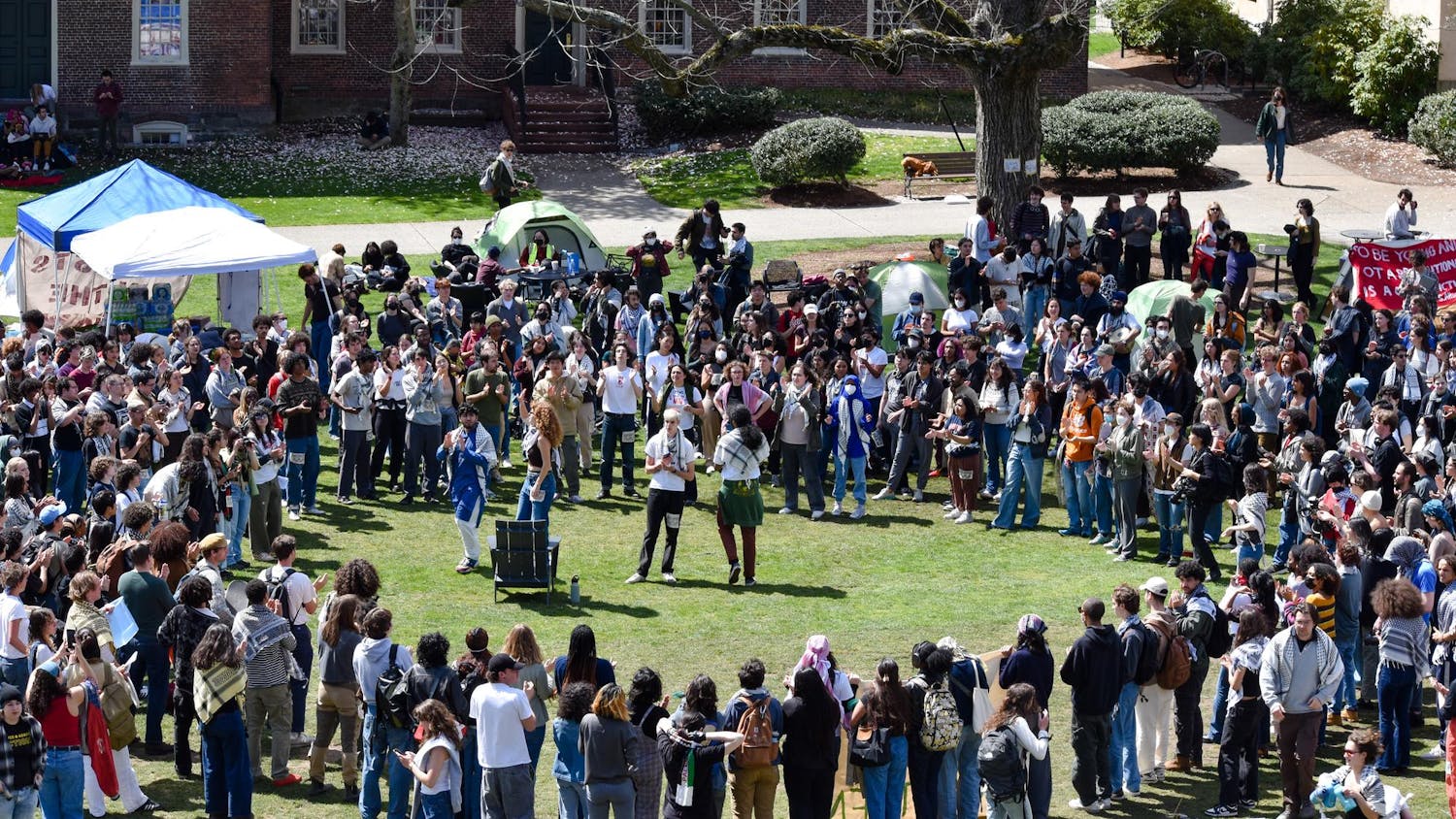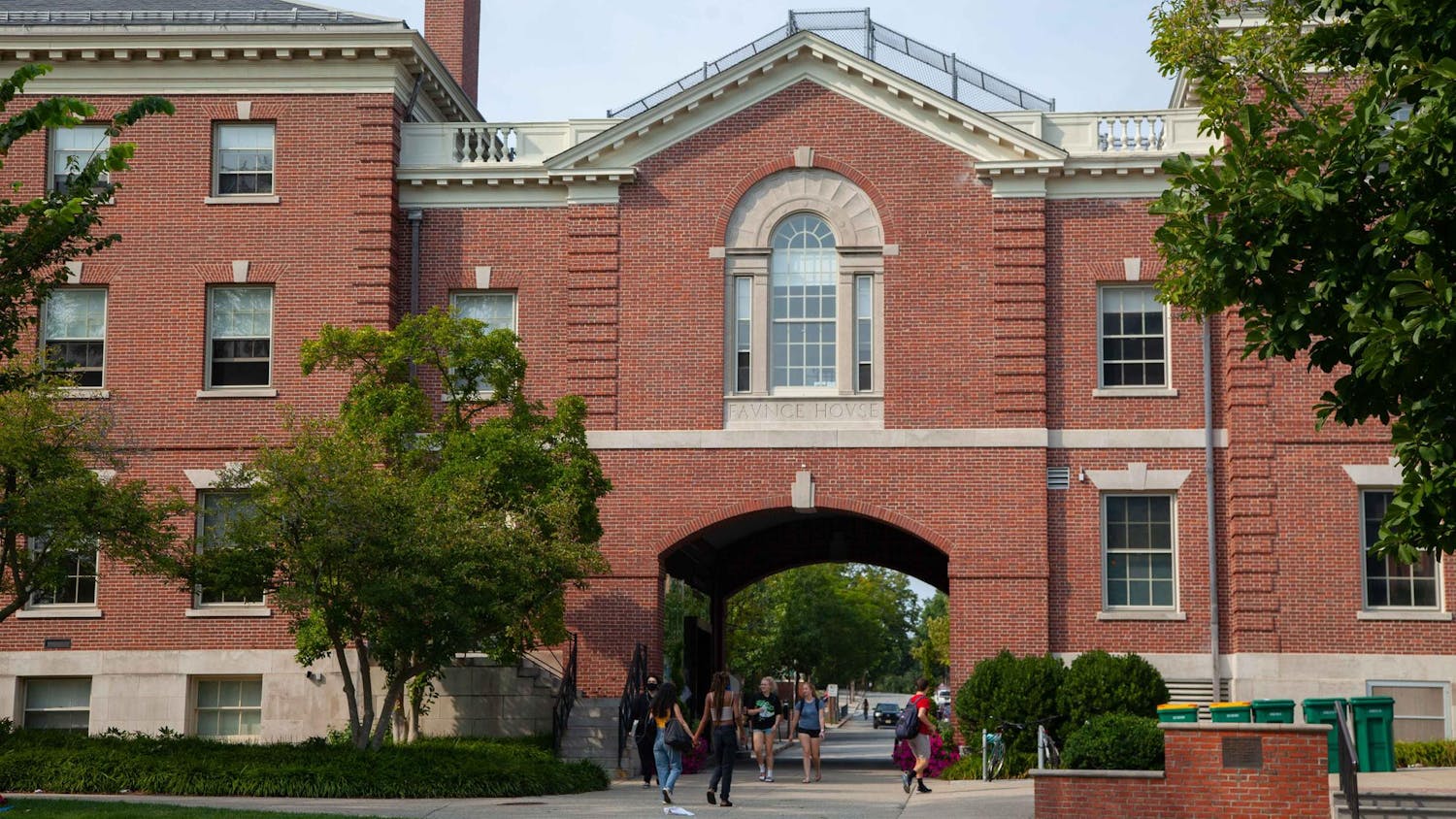With last month’s passage of a $1.1 trillion spending bill for 2014, Congress repealed a provision, in effect the previous nine months, that had halted government funding for political science research projects that did not promote U.S. national security or economic interests.
Though political science faculty members at the University applauded the change, they said the provision had not yet begun to affect them by the time of the repeal.
The initial restriction was introduced in last year’s appropriations bill as a compromise in order to get the budget passed, said John Aldrich, president of the American Political Science Association.
“We were the only program singled out by the (National Science Foundation) to have these restrictions placed,” he said.
The provision prevented researchers from applying for new grants during the time it was in effect, said Amy Carroll, the University’s director of government relations and community affairs.
Political science research accounts for about $10 million of the NSF’s funding each year, she said. In fiscal year 2013, the NSF received almost $6 billion in total funding for research and related activities, according to the White House’s website.
Aldrich said some members of Congress believed “we can save money by not studying social sciences.”
To fight the provision, many organizations teamed up in an effort to make Congress aware of the importance of this type of research, Aldrich said.
“We’re irrelevant to them electorally,” he said. “The only way we can influence congressmen is through joint efforts.” The APSA worked with various groups, such as the Consortium of Social Science Associations, and hired a private lobbying firm to fight against the provision.
At Brown, a number of faculty members and graduate students in the Department of Political Science have held NSF grants in the past, said Sharon Krause, professor of political science and chair of the department. “Historically, it has been an important funding stream.”
She said she was “not sure there’s been a direct impact in the specific period of the last nine months, but certainly over the long term, losing NSF funding is a big deal.”
The nine-month provision “didn’t affect me at all,” said Wendy Schiller, associate professor of political science and public policy.
Krause said the repeal of the provision is “movement in the right direction,” adding that it is important to understand “social and political phenomena in this country and around the world if we want to be a great society.”
The restriction was especially problematic because some of the applications of political science research are not immediately evident, said Jonathan Fansmith, director of government relations at the American Council on Education.
“Why are we funding research into the religious climate in the Middle East?” Fansmith noted as an example of topical political science research. Legislators “don’t realize practical applications come from our efforts in diplomacy and (establishing) military relationships in foreign areas,” he added.
“You have people super excited and dedicated to studying this field, and to send a message that it is not a national priority is just really disappointing,” Carroll said. It troubled many universities for Congress to get involved with basic federal agencies, since these agencies typically fund grants through a peer-reviewed, competitive and meritorious process, she said.
Researchers had feared that cuts to funding for other areas of social science, such as public health, would be next, Carroll said.
For fiscal year 2014, Congress was up against a deadline and had to pass the funding bill under tight time constraints, leading to fewer negotiations over funding, Fansmith said. The provison was repealed partially through the efforts of the lobbyists and partially due to the time crunch, Fansmith said.
Aldrich said he hopes lobbying efforts against the provision will remind Congress not to enact similar restrictions on research again.
“The irony of Congress blocking funding to study politics shouldn’t be lost on people,” said Fansmith.
ADVERTISEMENT




